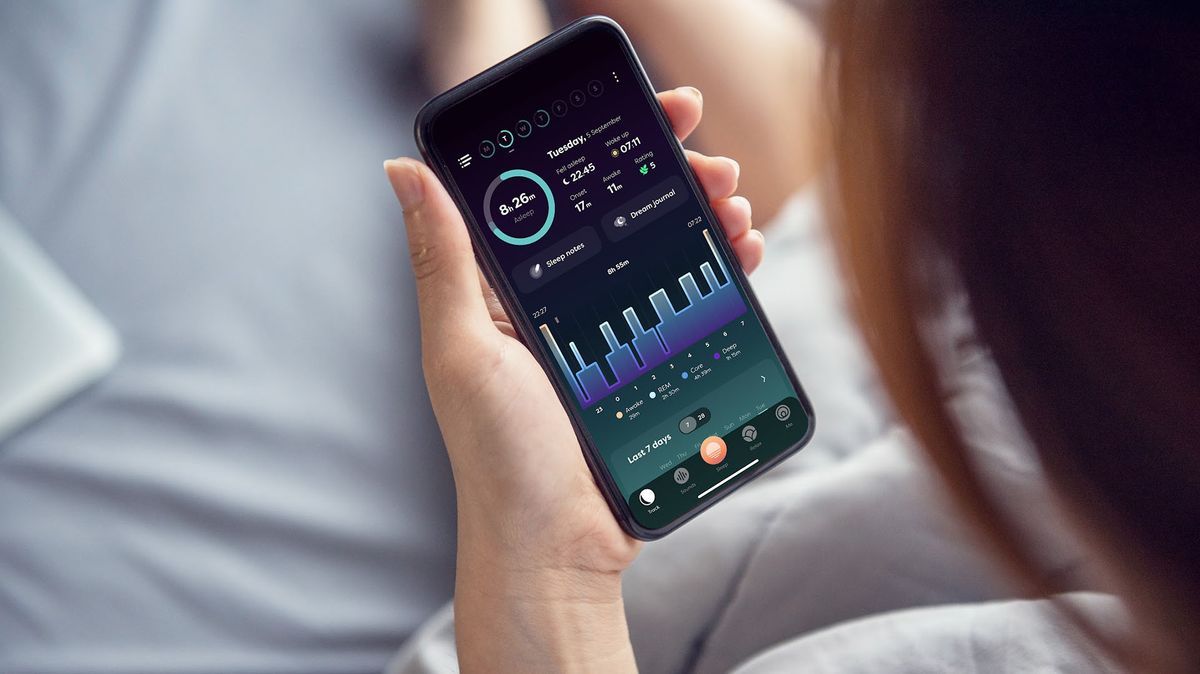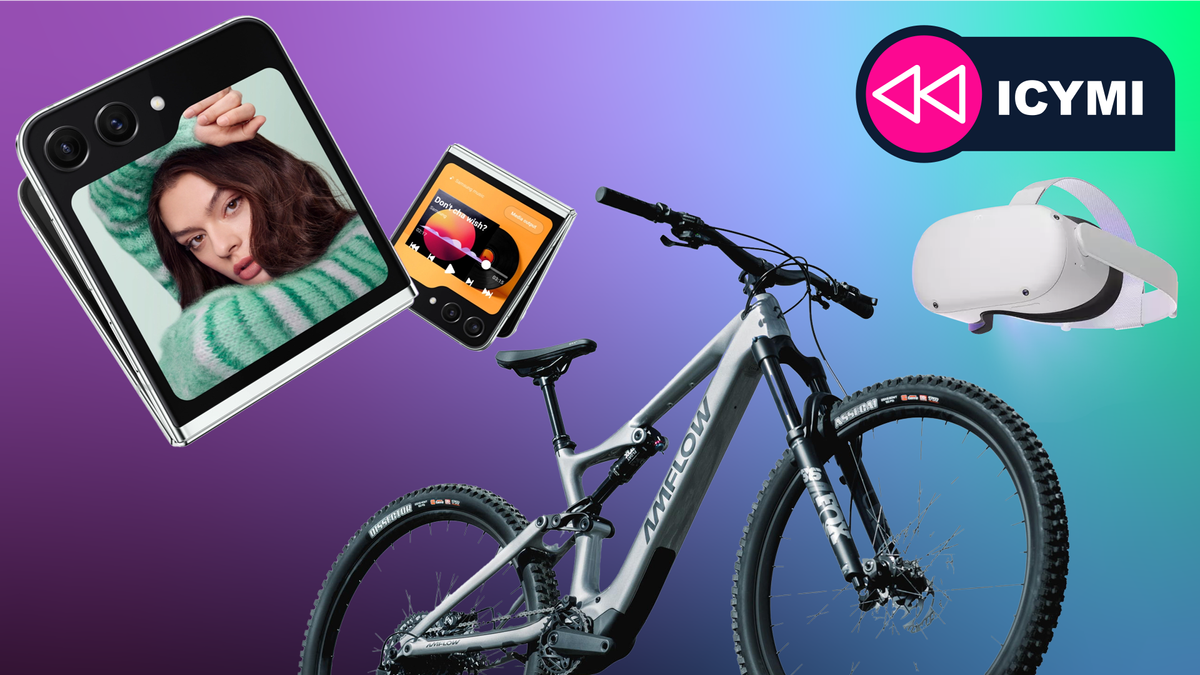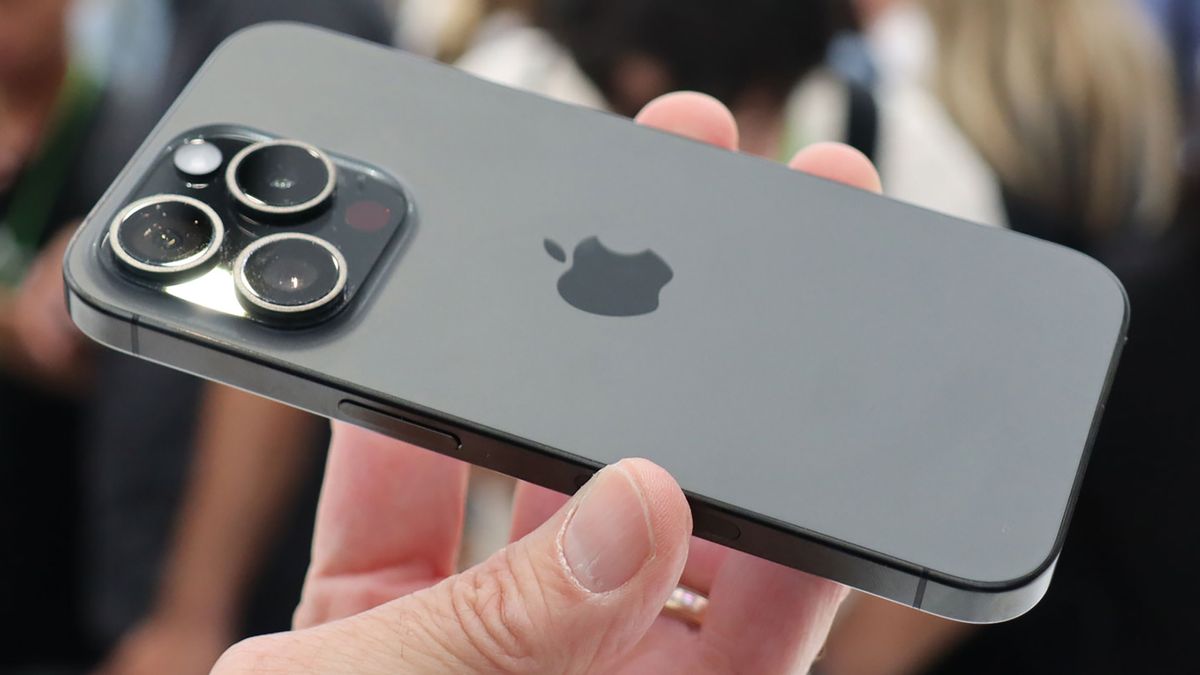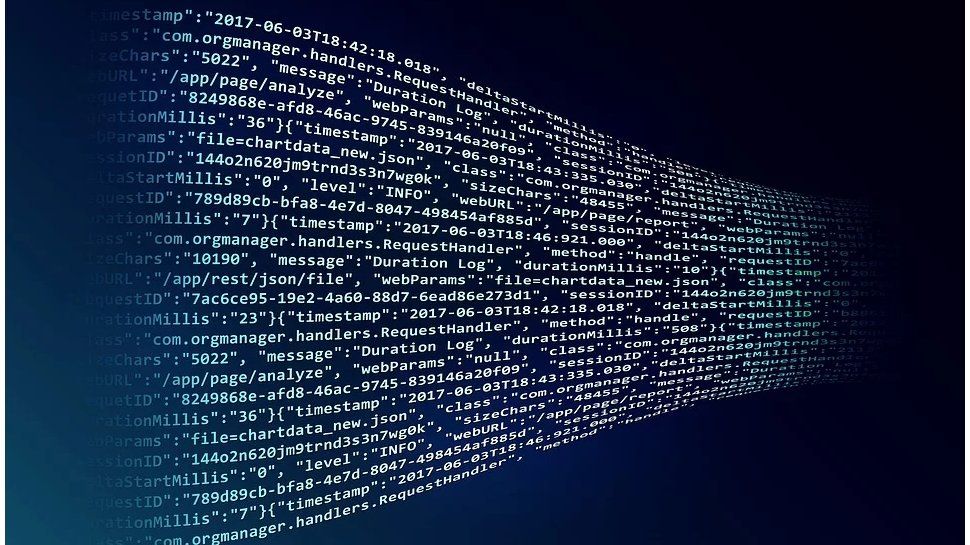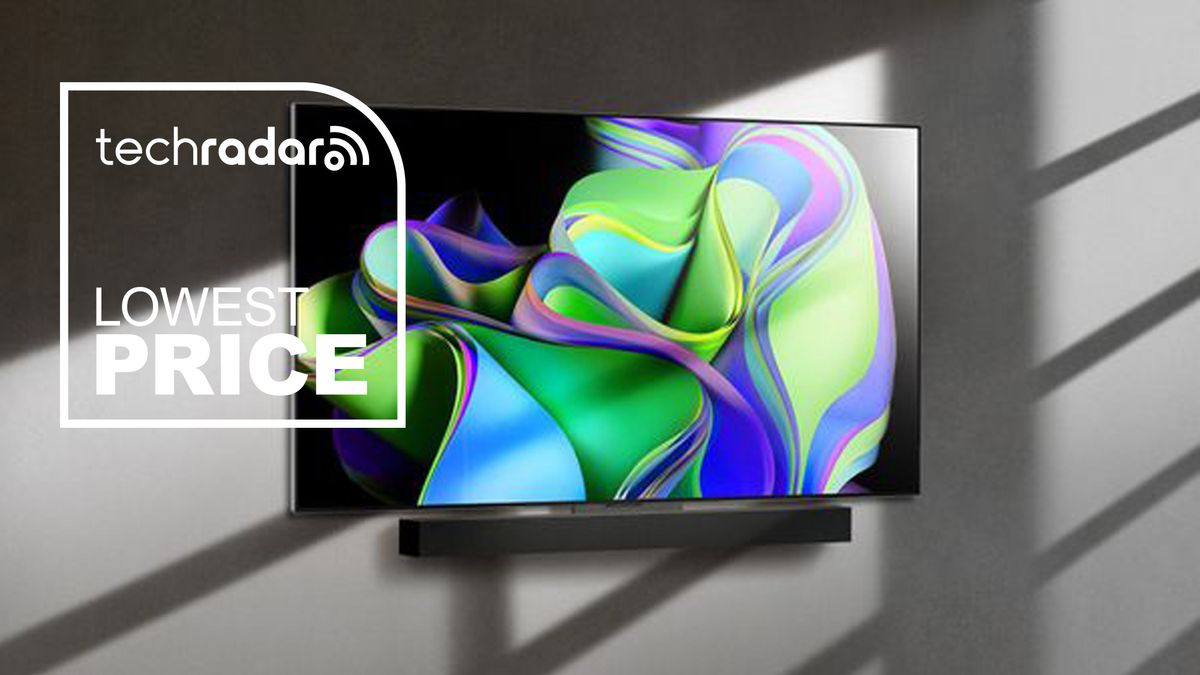Understanding our sleep may be the key to enjoying it more, so it's no wonder sleep tracking apps are so popular. By using sound to monitor your movements throughout the night, sleep tracking apps can help you find out what you're doing while you sleep on your best mattress.
But these apps often have a flaw: outside noise (such as a busy street or a dog barking) can be mistaken for sleepy sounds and distort your data. Sleepwave, the latest innovation in sleep tracking apps, aims to avoid this problem by turning the tables. Instead of just listening, you actually create your own noise.
Well, maybe not exactly noise. Sleepwave describes the tone used in its patented PureWave Motion technology as a “low-power ultrasonic sound wave.” You can't hear it (nor can your pets), but when you move, you interrupt the sound wave. Your phone's microphone picks up the interruption, the app can recognize this as activity, which it can use to create a picture of your sleep cycle.
Even if you spend your nights face down on your pillow, Sleepwave should be able to track your rest. “[The user] “You will continue to breathe and the technology is able to detect chest movements to estimate your respiratory rate,” explains Jules Goldberg, founder of Sleepwave. “The respiratory rate is used to predict the user's sleep phase.”
Sleepwave overcomes the big problem that plagues most sleep tracking apps: confusing outside noise with motion. But while Sleepwave won't think a car backfire is sudden snoring, could it confuse your partner's nighttime awakenings with your own? According to Jules, user filtering shouldn't be a big problem.
“Low-power ultrasonic waves decrease in strength the farther they get from the phone, so the signal will be strongest within a range of about 1m. If your partner gets up in the night, they will often detect some movement , but the signal will be weaker compared to if the main user moves.”
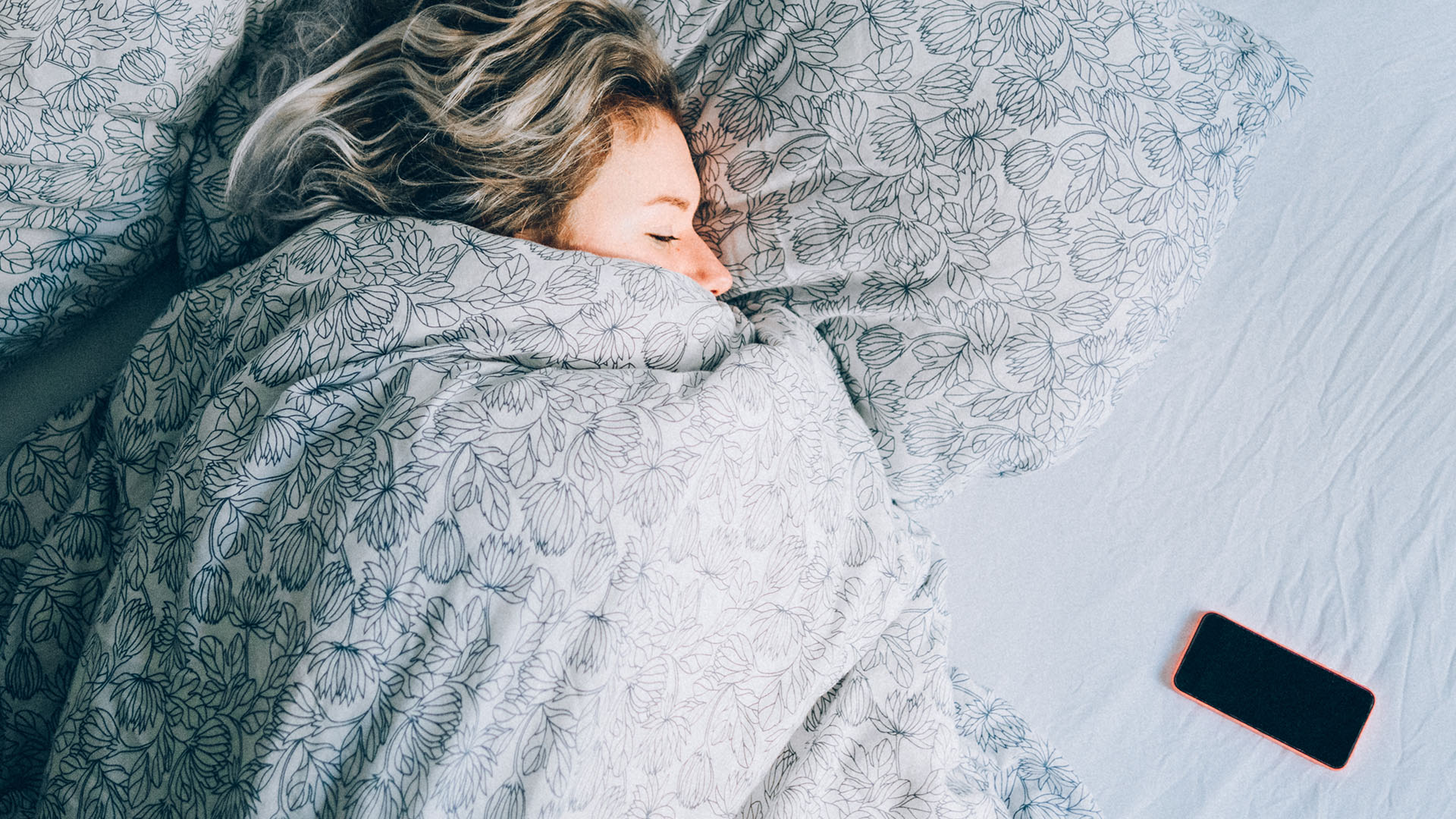
Sleepwave primarily acts as a gentle alarm, waking you up when your body is in a lighter sleep phase. Users can also explore recorded data to learn more about their patterns and consider new approaches to sleeping. For those who have found that a noisy home has made traditional sleep tracking apps essentially useless, it has a lot of potential. However, can ultrasonic technology replace even the best sleep trackers: wearable devices?
Right now, probably not. Wearable sleep trackers can collect data directly from the source (i.e. you) to get an accurate reading of your sleep chronotype. Sound wave technology might track your movements, but it can't provide the same deep picture of overall sleep quality, and even Jules admits that Sleepwave's user filtering is an “ongoing project.” But if he's looking for an affordable sleep tracker that won't confuse an upstairs neighbor with a restless night, Sleepwave could be the answer.

